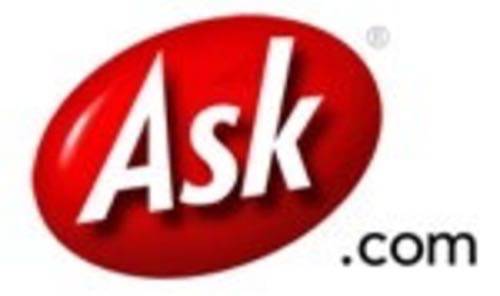Ask.com launched in 1996 and even though the site went through a number of changes through the years (remember Jeeves?), it is still one of the first services many Internet users think of when looking for a site where they can get their questions answered. Today, after trying to compete with Google as a general search engine for a while, Ask.com is getting back to its heritage by launching a new question and answer service that mixes results from Ask.com’s search engine with answers the company found on other Q&A sites and the ability to address questions to the Ask community directly. The end result feels a bit like a mix between Bing, Yahoo Answers, Quora and Aardvark.

Note:Ask.com is launching this new service as an invite-only beta tonight and plans to open the site up to more users over the next few months. You can register for an invite here.

Going Back to Ask.com’s Roots
As Tony Gentile, Ask.com’s senior vice president for product management told us earlier today, there used to be a clear mismatch between people’s impression of Ask and the service’s actual focus. While most users still think of Ask.com as a search engine that focuses on answering natural language queries, the company had actually shifted its focus to becoming a regular search engine. As Gentile told us, “search didn’t work out so well” for the company and given that search isn’t what Ask.com is known for, it only makes sense for the company to get back to its roots. Ask.com began to switch its focus back to Q&A last year. Today, 60% of queries on the site already include some form of immediate, authoritative answer to the user’s question. Ask.com gets these answers from its partners, as well as through indexing and ranking other Q&A sites and examining them for signals that indicate that an answer is trustworthy. According to Ask.com’s own metrics, it now hosts the world’s largest Q&A database with over 500 million questions and answers indexed.

Now, with its new Q&A product, Ask.com can also begin to tackle the 40% of questions that it currently can’t answer. The Q&A service asks users to create a profile and select areas that they feel comfortable answering questions about. Just like Aardvark, which Google acquired earlier this year, Ask.com first tries to route questions to users who indicated an interest in a relevant topic. After this, the question will also appear on the general Q&A site, where any user can browse and answer questions. Users can vote answers up and down and leave additional comments, too.
Over time, the service’s routing algorithm learns what kinds of questions certain users are able to answer (and answer well). Notifications about new questions and answers arrive by email and through a prominent message on Ask.com’s website.
In the near future, the company also plans to offer mobile apps and connections to social networks.
Can it Scale?
With Aardvark, Quora and a number of similar products, the market for Q&A services is definitely heating up right now. Unlike most of these startups, however, Ask.com is able to build on its existing community and millions of monthly visitors. Overall, Ask.com’s Q&A service already feels like a very mature product, though it remains to be seen how well the company manages to scale it up from its current internal tester community.

















